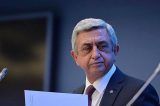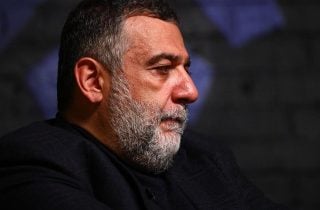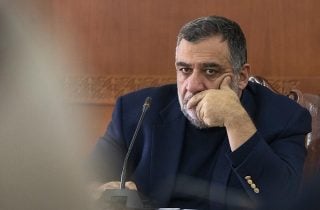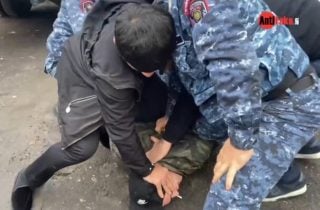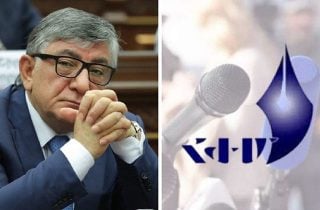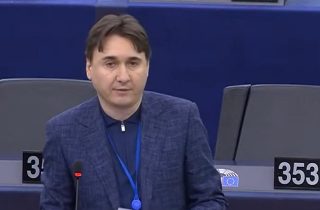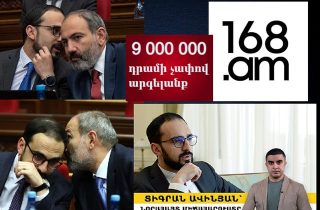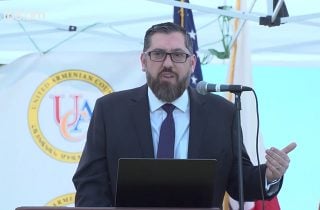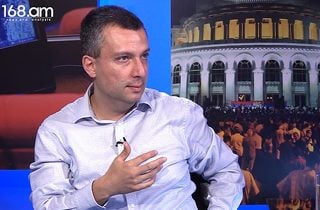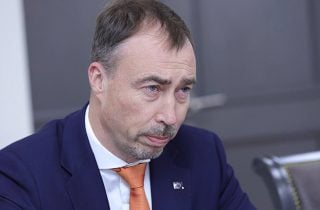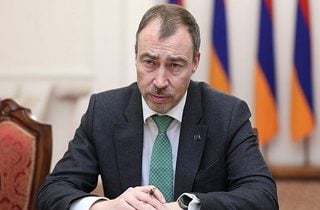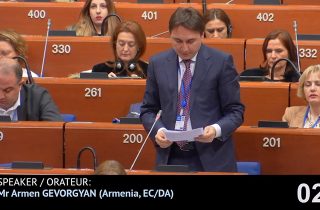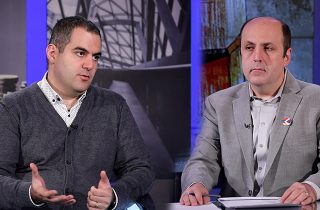“Signing of Armenia-EU Agreement has Always Been under Threat”
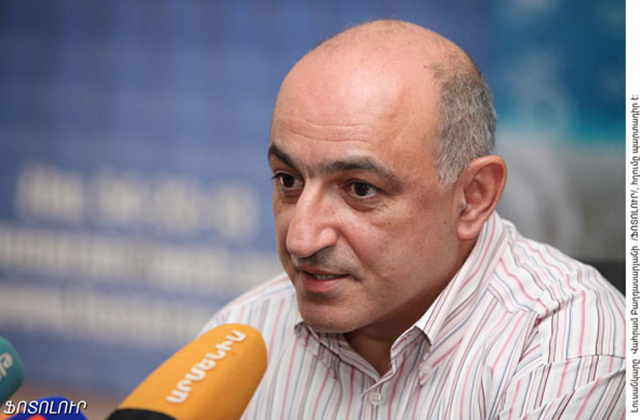
Interview with Boris Navasardyan, Head of Yerevan Press Club.
Mr. Navasardyan, President of the European Commission Jean-Claude Juncker these days touched upon the necessity of establishing common EU military assets, stating that Americans are no more ready to implement military operations in Europe. In your opinion, what does this statement suppose and how serious is it?
I should state that the elite of EU member countries has rather differentiated approach in this issue. Junker belongs to the group, which always supported establishment of European armed forces, as it considers that the EU should solve its security issues more independently, than prior to that. In any case, solution to this issue will depend on posture of EU member countries, and those postures are different. Thus, only forthcoming discussions will show the perspective of this idea. I consider, some Western European countries will definitely support this idea in case, when Eastern European countries, which are also EU members, will mainly intend to maintain the available security system, in the center of which is NATO, and the latter is mainly based on the U.S. military resources.
May establishment of military headquarters refer to Eastern Partnership countries?
It doesn’t refer to EaP in any way, maybe rather indirectly, as finally EaP itself became ground for threats and risks, to which the EU relates today. Naturally, it activated talks on formation of their own military forces.
However, what tendencies inside the EU prove that the latter will take the direction of independence in the field of military security?
It depends on another issue as well: to which extent integration tendencies will be maintained in the EU? Today it’s also under doubt, as many EU member countries consider that they’ve gone too far and deep regarding integration, and that they shouldn’t have gone. Naturally, security is the field, where it’s possible to reach success, when there is high level of integration in the field of politics, legislation, economy and others. That issue, will be linked to the tendencies available today and regarding Brexit and relations with Russia, as a result of available different positions. Making predictions today is very difficult, as vectors are rather miscellaneous and contradicting to one another.
Touching upon the security topic both within EaP and the EU, which has been activated recently, what reflection it may have from the side of Russia?
On official level Russia will mainly criticize the issue of formation of European armed forces and will repeatedly stone that idea. However, it doesn’t mean that these tendencies actually contradict to Russia’s interests, as direction of Russian foreign policy, as a primary issue before it, also has the issue of enervating the West as much as possible and preventing unity of western countries. If contradictions in this issue deepen, it’ll be beneficial for Russia only.
Returning to Armenia-EU relations, how these talks and putting forward of this topic be reflected to Armenia-EU relations, on account of Moscow’s posture? In case of Armenia it’s also being touched upon on certain security measures? Is confrontation by Moscow possible, as a result of which again future Armenia-EU document will appear under threat?
Signing of the document has always been under threat, but not for the reason, that new tendencies have appeared towards security. It has other reasons. I don’t consider, that negotiations on EU-Armenia relations suppose such deep integration, that the security issue could be existent there as a component. Thus, discussions on security issues have no relation to the current agenda of negotiations.
EU gave high assessment to the authorities-opposition agreement around election reforms in Armenia. Naturally, reforms should be expressed during the very elections, and there is information that prior to elections Armenia-EU agreement won’t be signed. In your opinion, is there such a liaison and may election results be reflected on Armenia-EU agenda regarding reforms?
I think issues on Electoral Code are linked to the very assessment of elections only, but not on a wider—Armenia-EU relations.
By Araks Martirosyan






